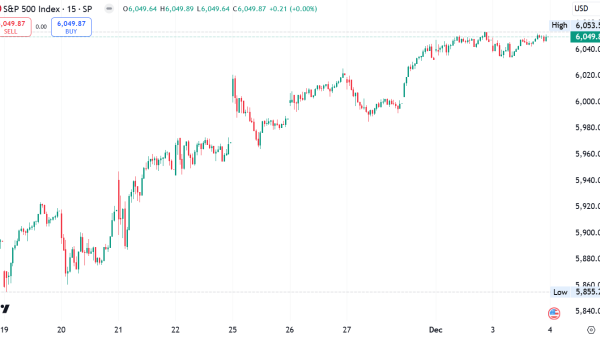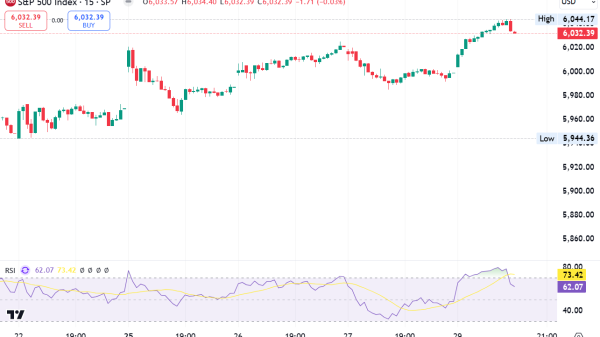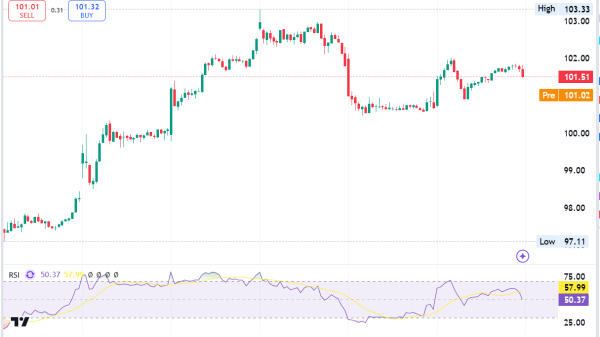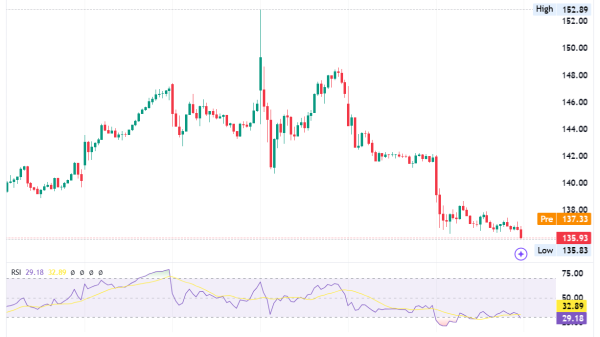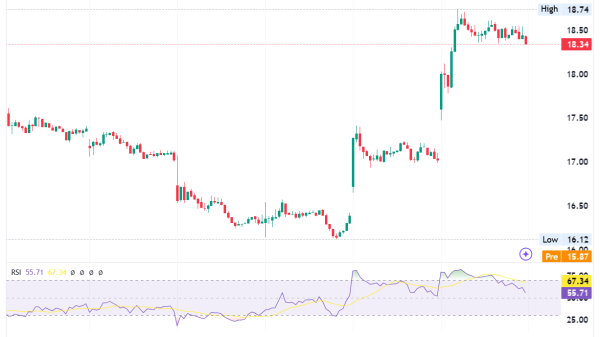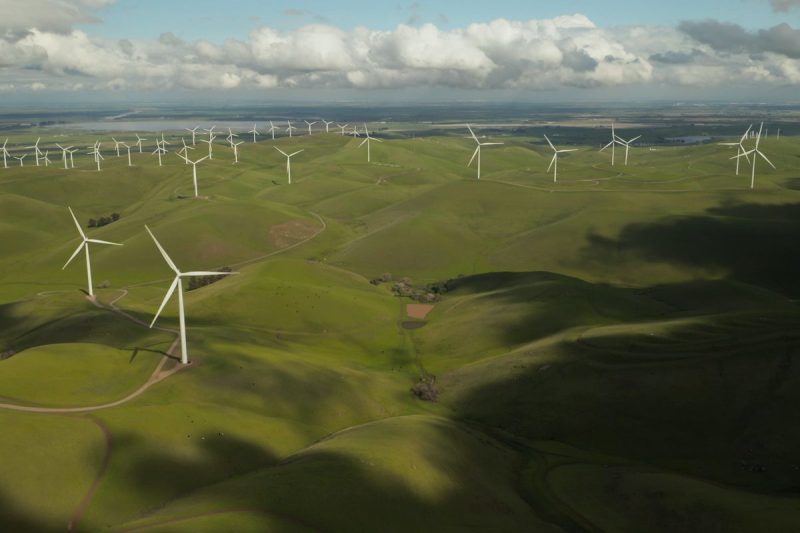As climate change becomes increasingly pressing, many investors are considering cleantech’s potential.
The term ‘cleantech’ refers to any technology that aims to reduce environmental impact while delivering equal or better results than traditional technologies. This can involve shifting away from fossil fuels to sustainable energy sources like wind or solar power, reducing waste, treating wastewater and many other innovations.
Cleantech alternatives are now being used in a variety of sectors, including agriculture, manufacturing, transportation, waste management and energy production. Cleantech also involves monitoring carbon levels.
What is the history of cleantech?
The term ‘cleantech’ was popularized by key industry groups, notably the Cleantech Group, a research and consulting firm formed in 2002, and Clean Edge, a cleantech stock research firm that has worked closely with the Nasdaq.
Cleantech investing became popular in the early 2000s and experienced a boom in venture capitalism between 2005 and 2008 amid events like the release of Al Gore’s sobering documentary “An Inconvenient Truth” in 2006, and John Doer’s 2007 TED Talk “Salvation (and profit) in Greentech.” During his TED Talk, Doerr urged his audience of investors to put their money into clean energy for both future generations and potential profits in the cleantech industry.
Concurrently, the Intergovernmental Panel on Climate Change (IPCC) released a report that confirmed climate change was happening and would lead to catastrophic events like rising temperatures and unpredictable weather patterns if countermeasures weren’t taken. Government involvement through treaties like the Kyoto Protocol and the Obama administration’s ambitious Clean Power Plan also played a key role in the cleantech boom of the early 2000s.
Cleantech succeeded the dot-com boom, but the market started to crash circa 2010. Several factors contributed, including the financial crisis of 2008, increased competition against cleantech due to falling oil prices and new extraction techniques like fracking — not to mention the huge expense intrinsic to developing alternative energy sources. Investments in cleantech further waned as the 2010s bull market inspired venture capitalists to diversify.
However, advocacy for a greener planet carried on, and leading climate officials maintained that the state of the environment was a growing global concern. Experts have advised limiting the global temperature increase to 1.5 degrees Celsius, and to meet that threshold, mankind will have to reach net-zero carbon emissions by 2050, as per the IPCC.
Urgency inspired a new wave of investment that began shortly after the 2015 signing of the Paris Agreement, a global treaty in which 196 countries pledged to reduce their carbon and greenhouse gas emissions and report on their progress every five years. During this time, companies emerged to recycle waste into usable products like furniture and shoes, while wind and solar stocks performed well. This new era of investing has been dubbed cleantech 2.0.
Is now a good time to invest in cleantech stocks?
According to the UN Environment Programme’s Climate Change 2023: Synthesis Report, human activity over the last 200 years has caused a temperature increase of 1.1 degrees Celsius compared to pre-industrial levels. The effects of climate change have become more apparent during this rise. Adverse weather patterns are now common, causing disasters like droughts, wildfires and floods, and hurricanes are increasing in intensity and size.
The UN’s Global Annual to Decadal Climate Update for 2023 to 2027 states that it’s very unlikely that we will stay within the safe range of 1.5 degrees Celsius, and as the deviation increases, negative effects will become more pronounced. This means that in today’s world, it’s crucial to continue investing in clean energy and carbon emission control technologies.
Against that backdrop, Fortune Business Insights is projecting that the cleantech market will grow at a compound annual growth rate of 20.8 percent between 2023 and 2030, rising from US$16.5 billion to US$61.92 billion.
But what makes cleantech 2.0 more promising than the previous decade’s attempts at clean technology? There are quite a few reasons for investors to be optimistic about the current cleantech landscape.
Resources have become much cheaper and the technology has improved vastly since cleantech was still in its nascent stage. During the 2000s cleantech bubble, overvaluation was a major issue as well. However, with a decade of data to learn from, this time investors can enter the market with more realistic return expectations.
How to invest in cleantech?
There are plenty of ways to invest in cleantech. Buying shares of one of the many companies working toward cleantech solutions is an obvious choice because there are plenty to pick from across various industries.
What is the outlook for cleantech?
Cleantech solutions and alternatives have expanded into the construction, agriculture, manufacturing, pollution-monitoring and carbon footprint management sectors, among many other diverse areas. Moving forward, it’s likely that other industries will continue to evolve and look for cleantech options to combat the climate crisis.
As far as consumer products go, electric vehicles (EVs) have been popular among investors for quite a few years, and 2023’s third quarter brought record EV sales in the US — while Tesla (NASDAQ:TSLA) remains a go-to stock, its market share has shrunk as its competitors gain popularity. Additionally, electric vertical takeoff and landing aircraft, known as EVTOLs, are an exciting new prospect that seems promising for investors.
Ironically, innovation in the tech industry has exacerbated environmental concerns such as energy use and carbon emissions, mineral extraction and waste. As new technology like EVs and generative artificial intelligence become more central to daily life, new technologies will need to be developed that mitigate their negative impacts.
The bottom line
Cleantech is a promising investment avenue for those who are passionate about contributing to a sustainable and greener future. After its early bubble, the industry has evolved significantly, and has become a more mature market with realistic return expectations. Investing in the sector could both yield profitable returns and create a positive impact.
Securities Disclosure: I, Meagen Seatter, hold no direct investment interest in any company mentioned in this article.





















